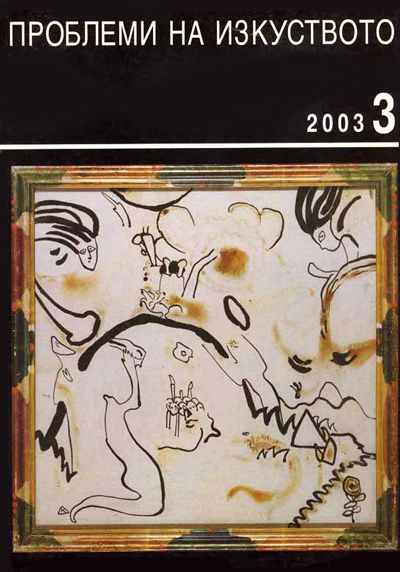
We kindly inform you that, as long as the subject affiliation of our 300.000+ articles is in progress, you might get unsufficient or no results on your third level or second level search. In this case, please broaden your search criteria.

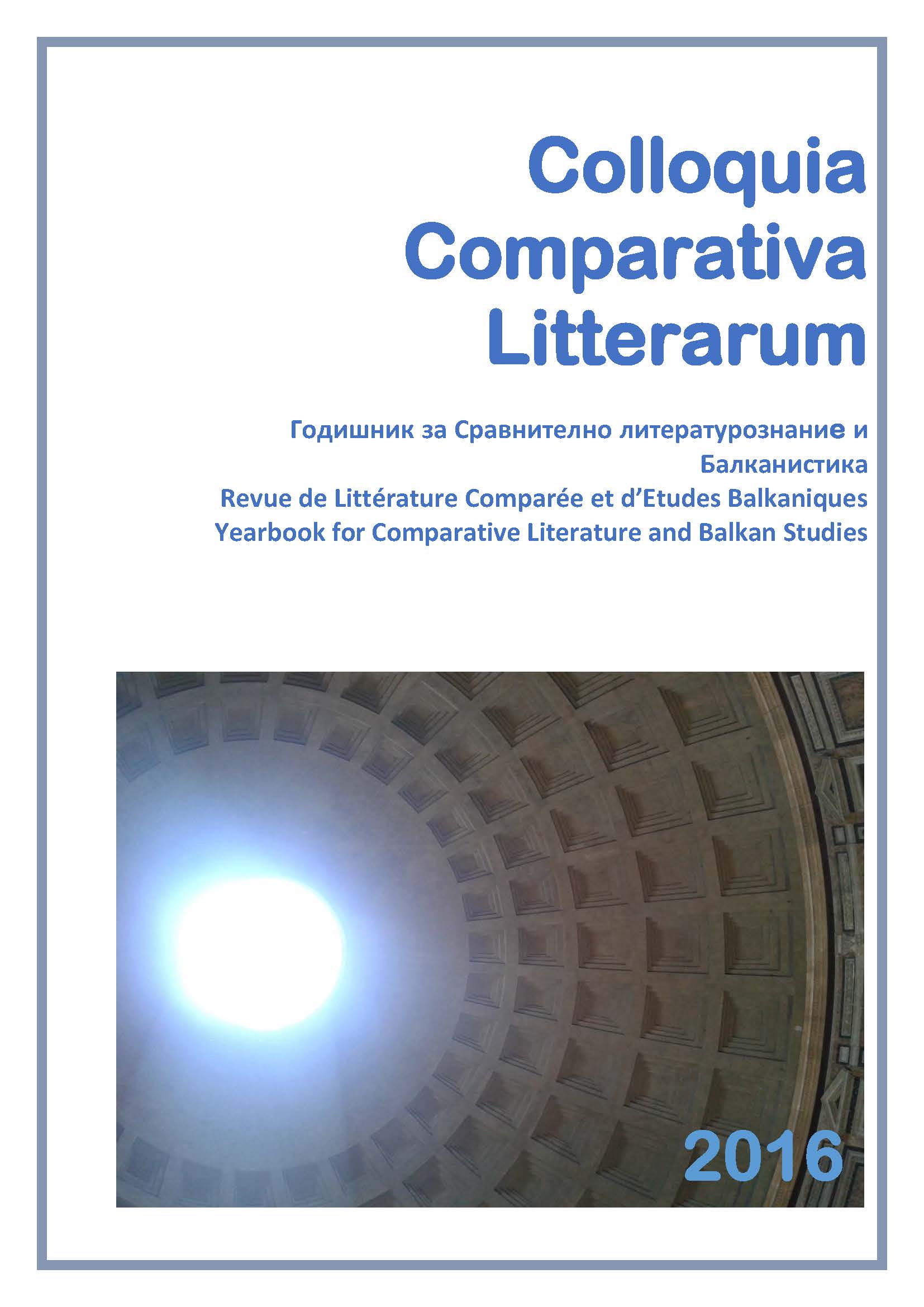
This paper examines Corsican and Romanian traditions of mountainous shepherds in the context of the magic quest for milk. This quest is narrated in the tales and in the legends and it is embodied by the magic traditional characters as Corsican Salamone and Romanian Solomonar. Corsican Salamone would like to be the magic specialist of the brocciu’s creation and fabrication. But he can’t. Why? We will try to answer to this question. The brocciu is Corsican typical cheese. Solomonar is a Romanian weatherman who requests for the eggs and for the milk in his village. Why? We will try to answer to this second question. Finally, both characters Salamone and Solomonar are a re-appropriation of the famous mythical character in the Grimoires books, Solomon. This comparative research aims to understand his symbolical role in this ritual quest transformed in the popular narrative tradition.
More...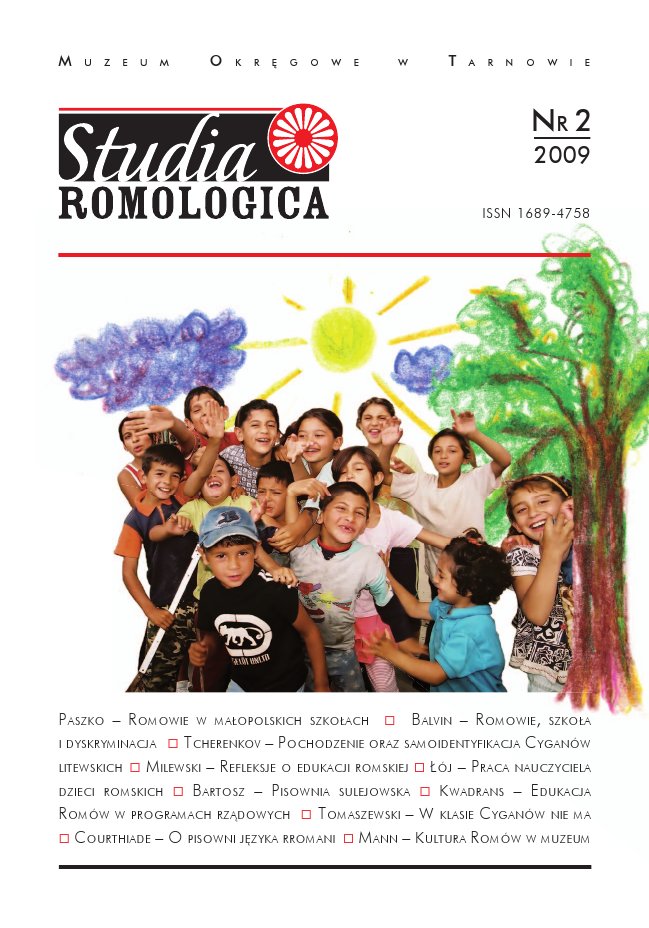
In the vast area, ranging from Kamchatka in the East to Brest and Bialystok in the West, dialects spoken by the local Gypsies are so close to each other regarding phonetics, morphology and vocabulary, that they make in fact one macro-dialect with local varieties. The details of these varieties can barely be noticed by a non-professional and a non-Gypsy. Nevertheless, these details play an important role in group identification and in the differentiating between Gypsy groupings. The author has intended to present the peculiarities of the dialect spoken by the Lithuanian Gypsies, which make it different from the whole bunch of vernacular Gypsy tongues of a broader area that includes (except of the Republic of Lithuania) Western Belarus, Eastern Latvia and neighboring parts of the Russian Federation.
More...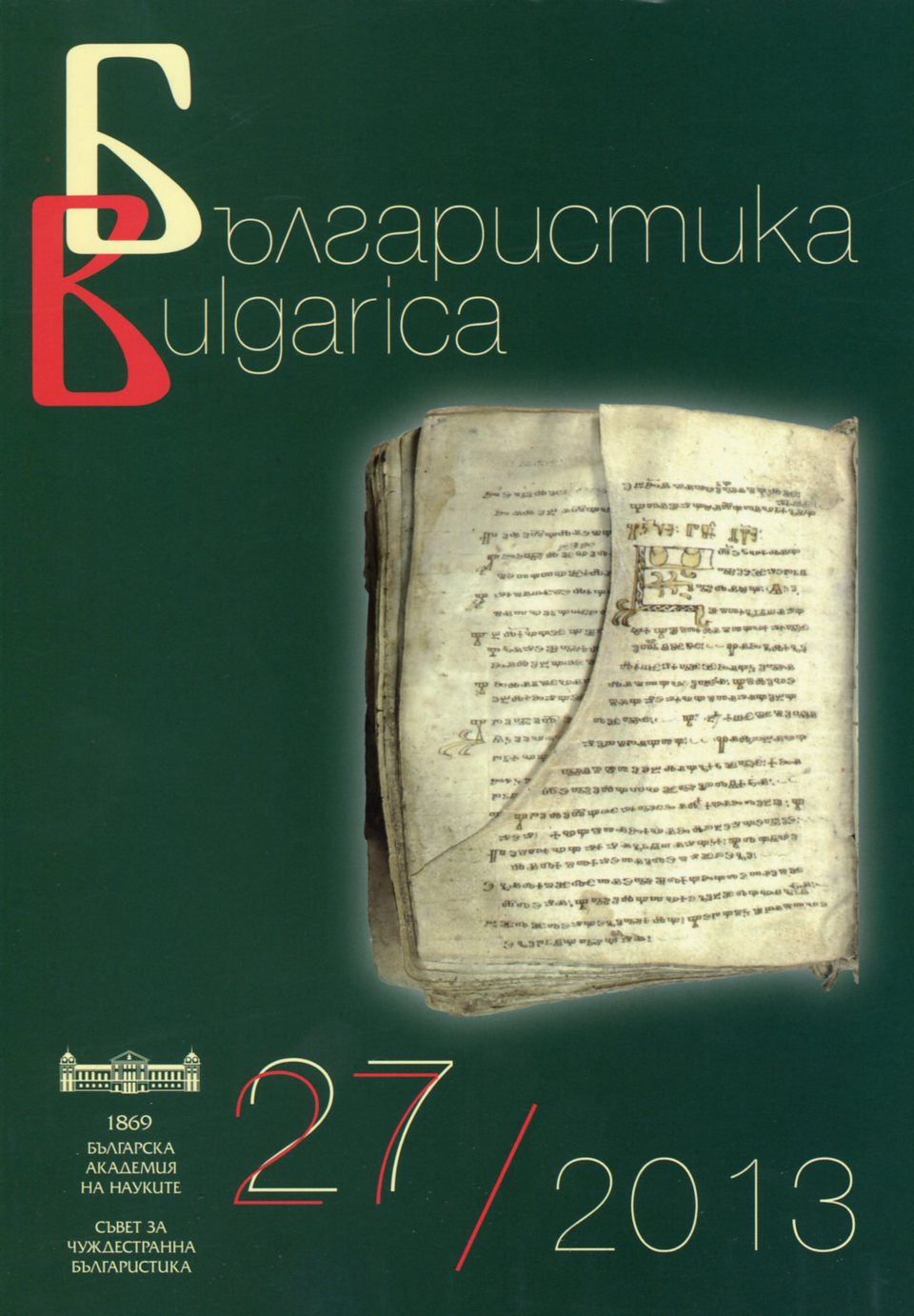
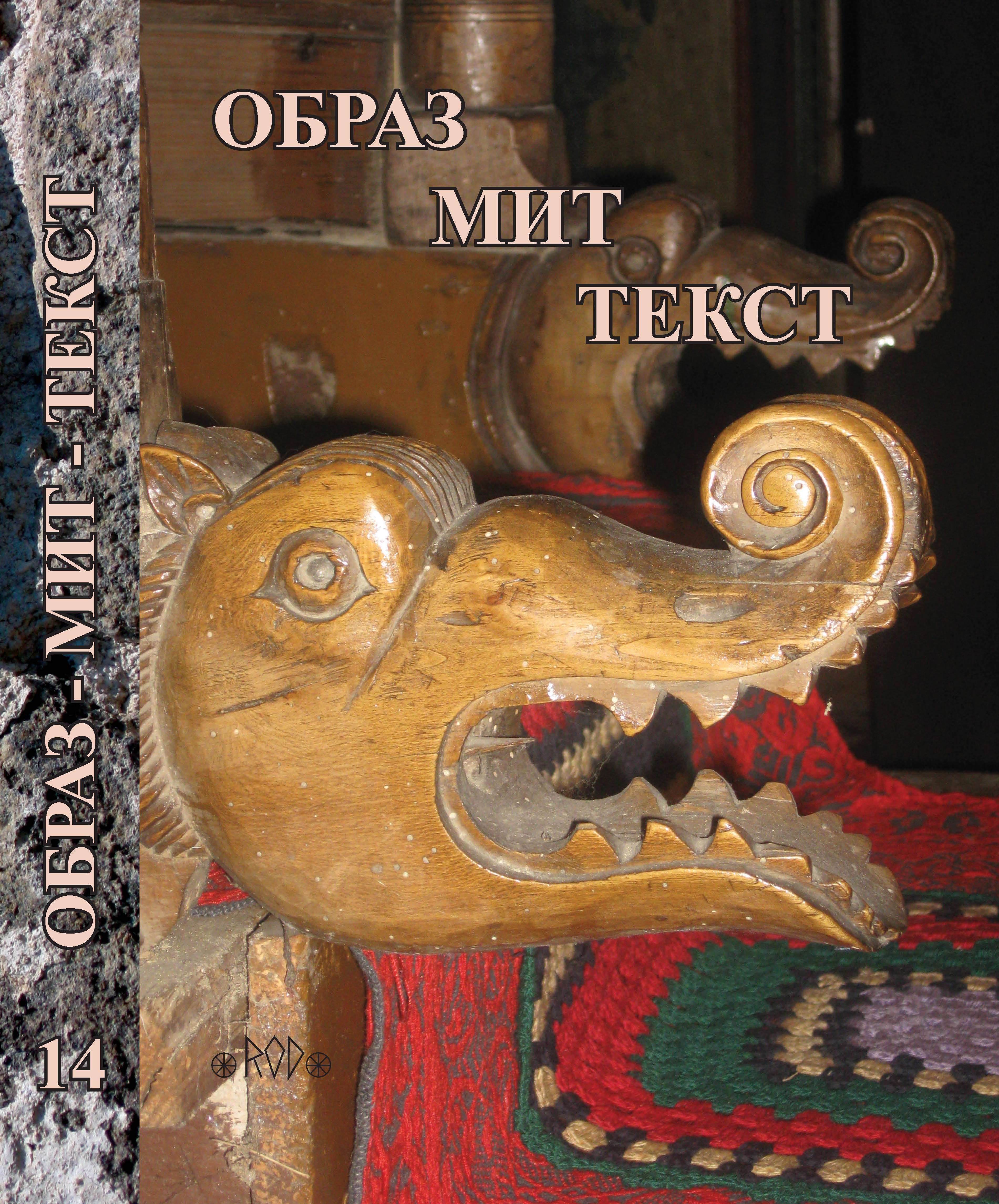
The Baptizing of Bulgarians is a widely interpret subject in Bulgarian and in foreign medieval texts. The first part of the article is focused at the appearance of that subject in “Slavonic-Bulgarian History“ by Paisius of Hilendar, furthermore – the ethno-saving function of the story of St. Cyril and St. Methodius in the chapter called “For the Slavic Teachers“. This function is linked with the subject of the direct participation of St. Cyril and St. Methodius in the Baptizing of Bulgarians. The truth or the inveracities are defined according to the real facts which today’s science possesses. Then an analysis is given of their later 100-year projection in the works of some Bulgarian Renaissance writers and publishers. Again, the aim of this projection is ethno-saving, but there is a spiritually unifying power which transforms into a political support in the years before the Liberation. That’s why in the second part of the article the focus is at the “Speech of St. Cyril and St. Methodius“ given by Kuzman Shapkarev in the city of Kukush on 11th May 1866.
More...
The paper analyses the dystopian tendencies in Victor Pelevin’s prose of the 1990s. The features of the chronotope and the dialogic connections with classic dystopias are revealed. The analysis leads to the conclusion that the dystopian look at the future is replaced in Pelevin’s works by the post-utopian view on the present. At the same time, the nature of the chronotope is determined by the Buddhist conception of human life as a chain of sufferings and the idea of the circle of samsara. However, both post-utopian and Buddhist paradigms undergo travesty, which leads to the transformation of the chronotope and the conflict as well as to the reduction of the dystopian pathos. As a result, the genre of dystopia becomes an object of parody.
More...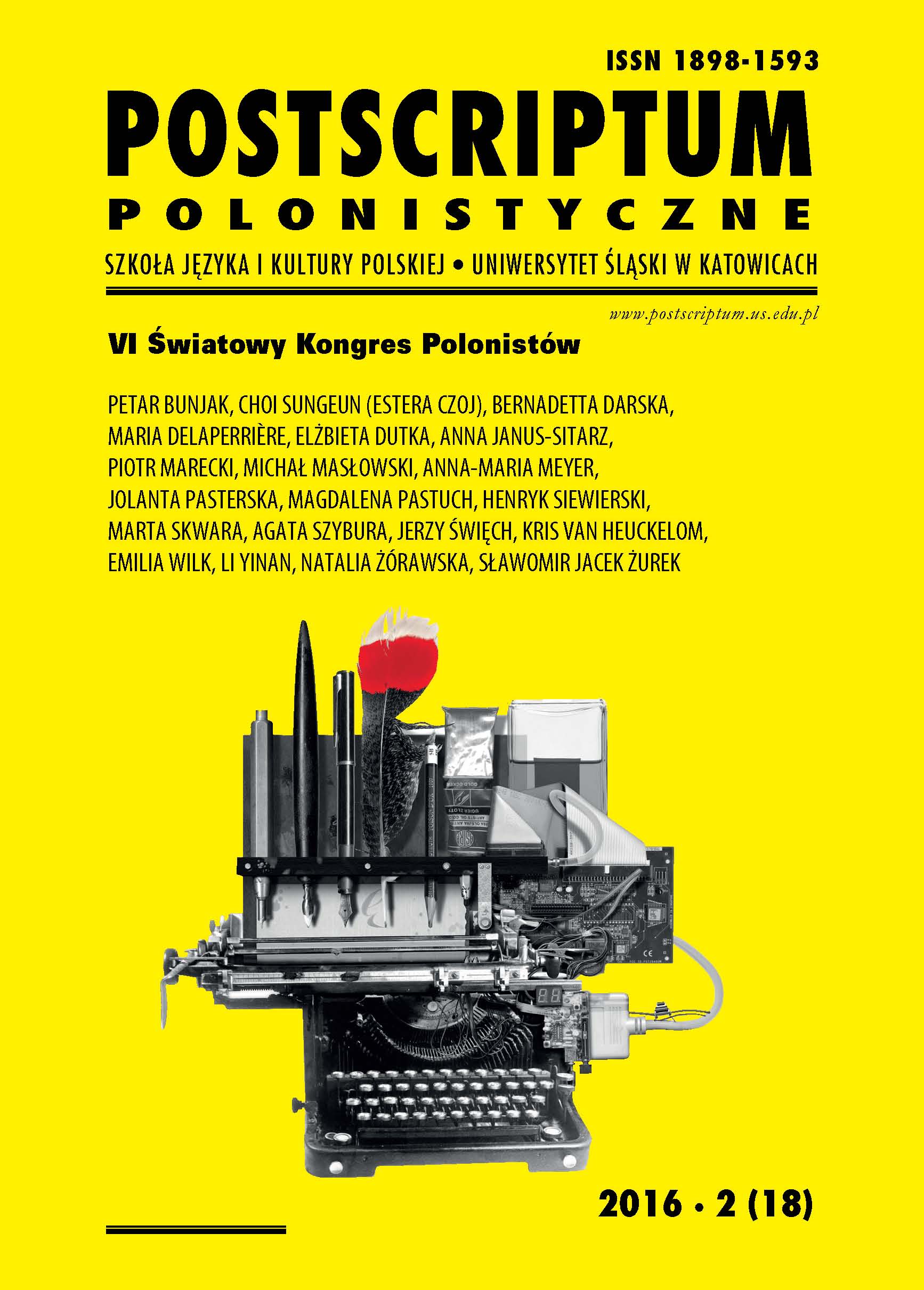
The author of this article published her first article on the reception of Wisława Szymborska’s poetry in South Korea in “Pamiętnik Literacki” in 2014. The previous article aimed at analysing the reactions of writers, poets, artists, critics and readers to the volume “The End and the Beginning”, which was translated into Korean in 2007. In this article the author continues her research on the reception of Szymborska’s poetry in South Korea. This time she presents the reaction of the Korean media and selected critics on another poetic volume of the Polish Nobel Prize Winner translated into Korean: “Enough”.
More...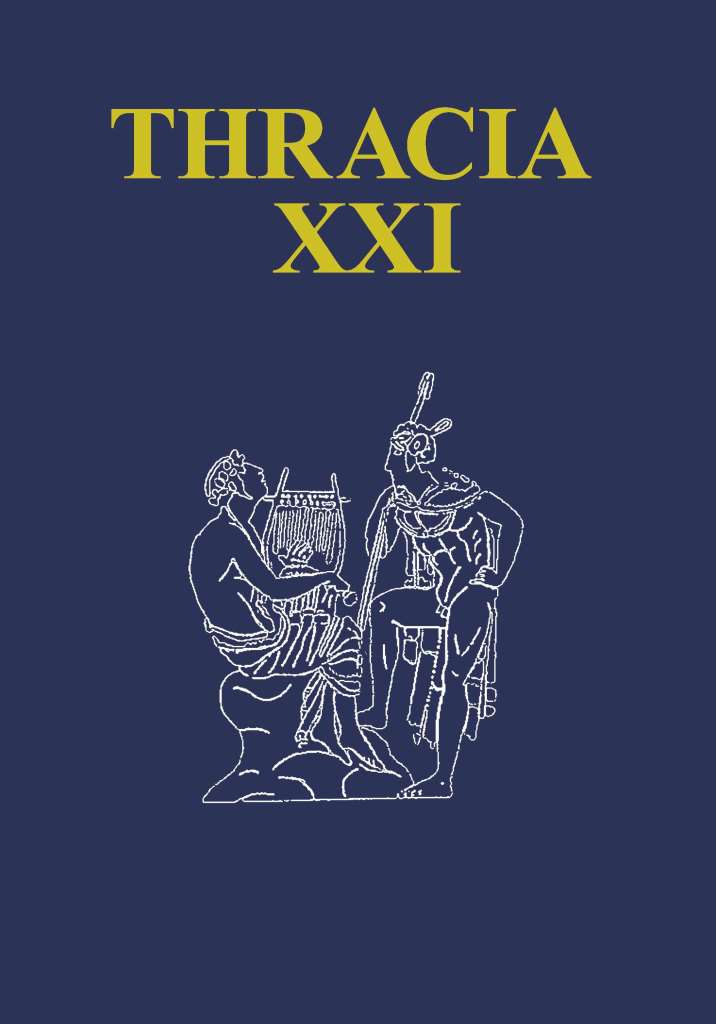
The present article treats the issue of the participation of Thracian mercenaries in the army of Cyrus the Younger. The author has studied all references in Xenophon’s Anabasis, pertaining to the participation of Thracians in the March of the “Ten Thousand”. All that was happening within the context of the inter-dynastic conflict between Artaxerxes II and his brother Cyrus the Younger. The author has also studied the activities of the Spartan military leader and mercenary in the army of Cyrus, Clearchus. Clearchus recruited Thracians for the army of the Persian claimant to the throne at the Thracian Chersonesos and north of that area. An attempt has been made to give a tribal identification of the Thracians taking part in those events. In the battle at Cunaxa on 3 September 401 BC the Thracian troops also took an active part. The author has also studied the main points in the retreat of the “ten thousand” Hellenes and representatives of the Thracian ethnic group from Mesopotamia to the Bosporus, and has analysed coin finds from Northeastern Thrace, comprising Persian coins which might be connected to those events, interpreting them as remuneration for Thracian mercenaries in the army of Cyrus the Younger. The author has made reference to the activity of the Spartan military leader Derkylidas in Western Asia Minor as well.
More...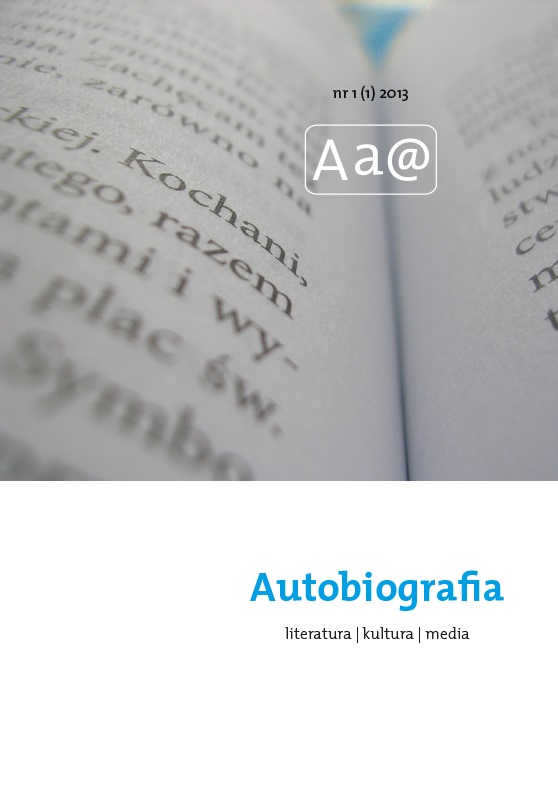
The article documents a meet-the-author session with Katarzyna Jakubiak (born in 1973) – polish writer, translator and academic teacher. The interview took place in Szczecin on June 2013 during the cultural event Festiwal Literatury Kobiet Gryfia and was moderated by Justyna Sobolewska and Sławomir Iwasiów. This year the author got nomination to award Literacka Nagroda Gryfia for collection of short stories entitled „Nieostre widzenia”. The debate between Jakubiak, Sobolewska and Iwasiów was focused on certain issues such as: emigration, academic literature and representation in prose. Jakubiak told the audience about the process of writing but also talked about emigrational experience, traveling and teaching at the American and European universities. Those are the subjects that were interesting for the interviewers: Justyna Sobolewska is a recognized literary critic, a connoisseur of modern-day Polish literature who works for major opinion leaders in media (such as weekly magazine Polityka), while Sławomir Iwasiów is a literary scholar who explores the latest Polish prose and its relationships with such categories as travel and identity.
More...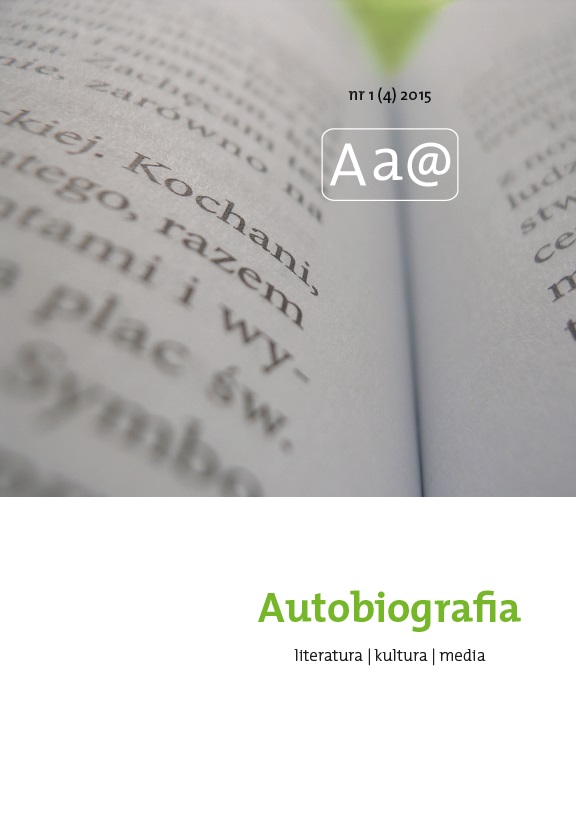
The author of the article explores the connection between gender and (auto)biography. The release of the Encyklopedia gender. Płeć w kulturze [Encyclopedia Of Gender. Gender In Culture] is the ocassion for reflections on the subject. It is the first publication of its kind issued in Polish language. It presents in the form of entries the terminology and methodology of gender studies in various fields of science. In the article the (auto)biographical category is treated in a context which goes beyond literature. The encyclopedia is an interdisciplinary publication, spanning from cultural studies, sociology, history to anthropology and medicine. The author draws attention to the identity (also as a socio-cultural construct) which is an element of the biography. The author indicates (auto)biographical traces in the encyclopedia’s entries in order to confirm the fact that the category of gender has autobiography inscribed in it.
More...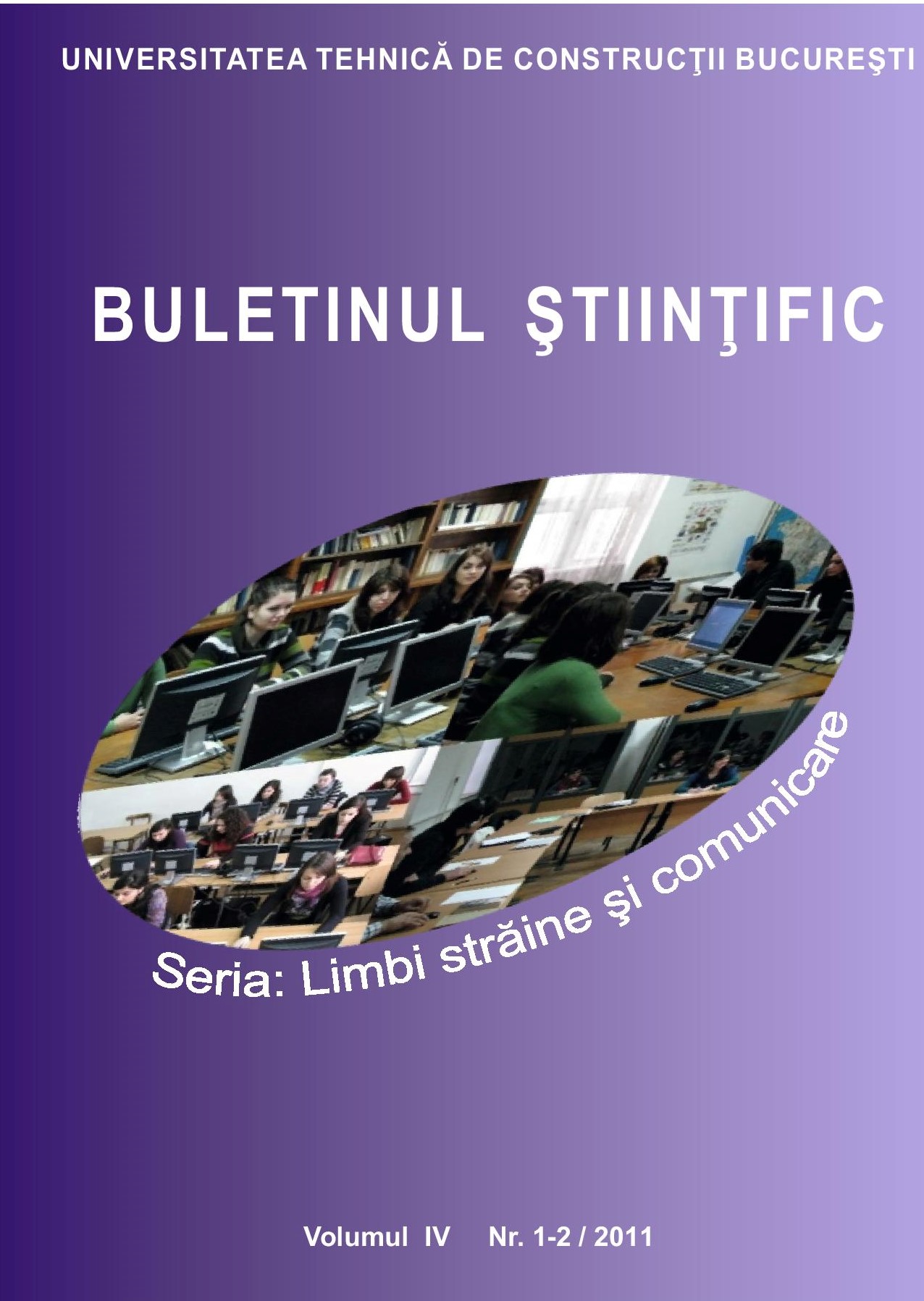
Our intervention concentrates on the analysis of the speech of the works belonging to ecrivains of two languages and takes place in a domain of border which unites the literature with the linguistics thanks to the study of the literary speech, the domain investigated with the tools of the linguist. The corpus which we propose has as main chactéristique a multitude of elements of identical confrontation. We try to distinguish the presence of the intercultural in the literary communication, by emphasizing the notions of identity and the otherness, registered on the frame of the stereotype and the prejudice. Our study will aim at the marks of the identity and the otherness, the identity of group, individual or national, as well as the images of the otherness under several aspects: exoticism, alienation, which we envisage under the spectre of the crossed literary speech.
More...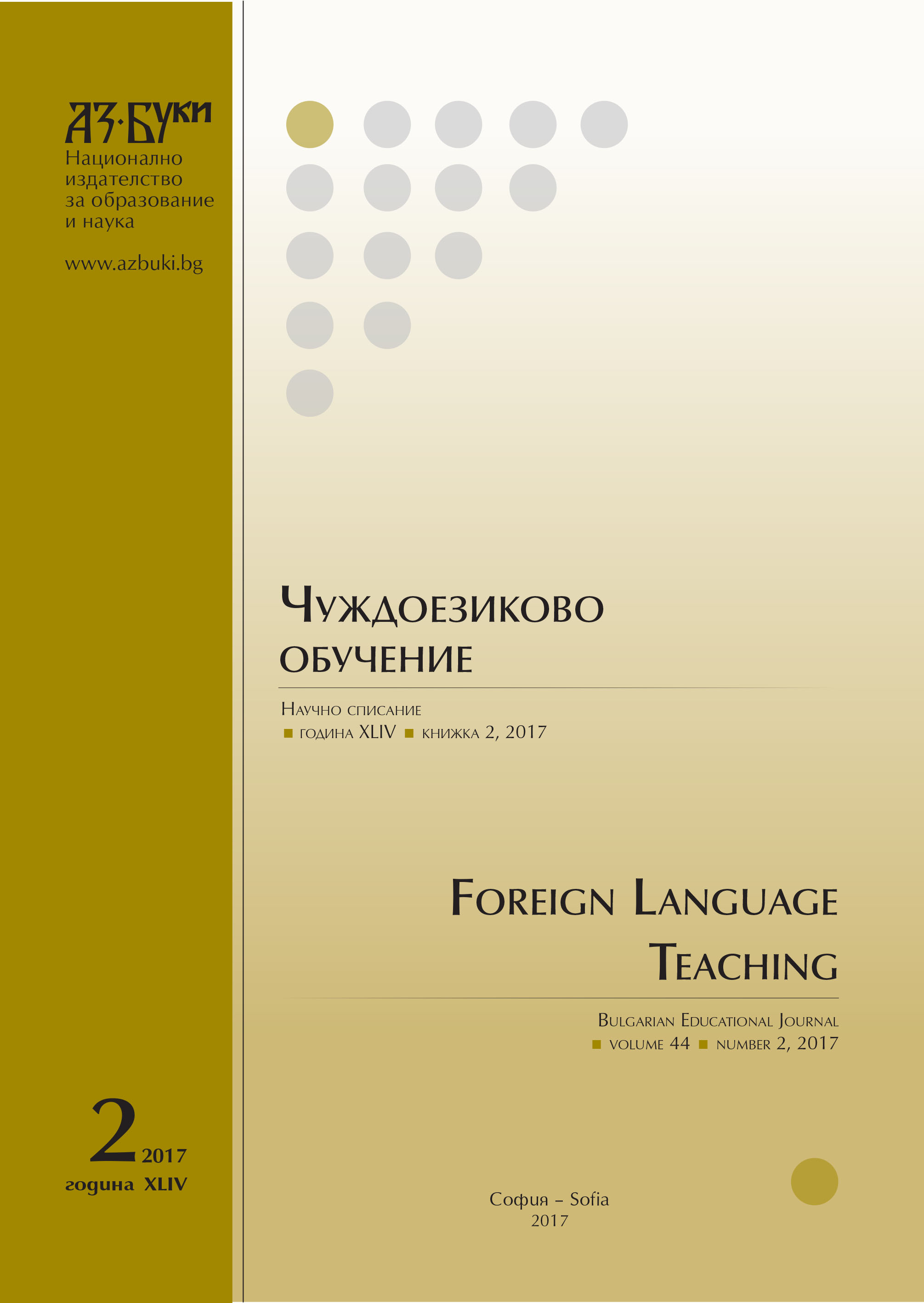
The article discusses the necessity to implement effective models for inclusive education in the field of early language teaching. It reviews some good practices in other European countries which apply the Narrative Format model for inclusion of children with delays in their cognitive development, or children from migrant or different socio-economic background into the language activities, undertaken in class. Results from a case study in Bulgaria are presented and discussed.
More...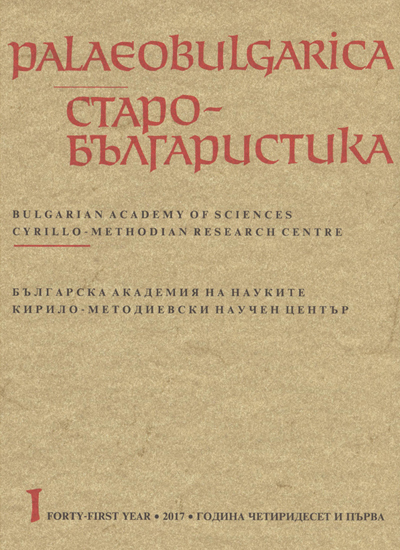
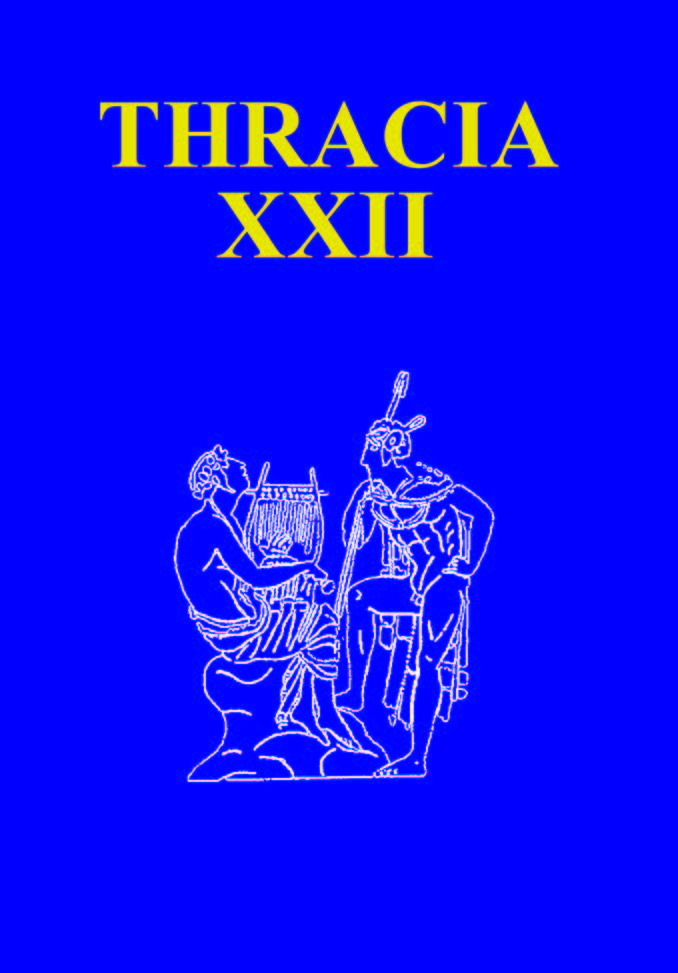
The active political career of the Thracian king Kotys transformed him into one of the remarkable individuals of the Early Hellenistic world. However, authors of various genres and from different historical periods have focused their attention not on his military and political activities, but rather on his character and on the dramatic end of his life. The reason for the long-lasting interest in his personality stems from the fact that Kotys’ name entered literary circulation in the intellectual context of the 4th century BC, when the views on the moral tenets of political life became a maxim for many creative men of letters and political figures. An important evolution in the 4th century BC literature can be seen in the tendency among many authors of prose to create and use written texts educating in aristocratic values as the principal paideia instrument for the educated elite. Such were also the goals pursued by the authors of historical works, notably Xenophon, Ephoros and Theopompos. King Kotys was present precisely among the moral paradigms of Theopompos’ History of Philip. That had decisive consequences for the negative image with which he remained in history. The devastating pamphlet against him presents one of the ways in which Theopompos delivers his moral instructions while following the main line in his works: shedding light on the links between imperialism and moral degradation.
More...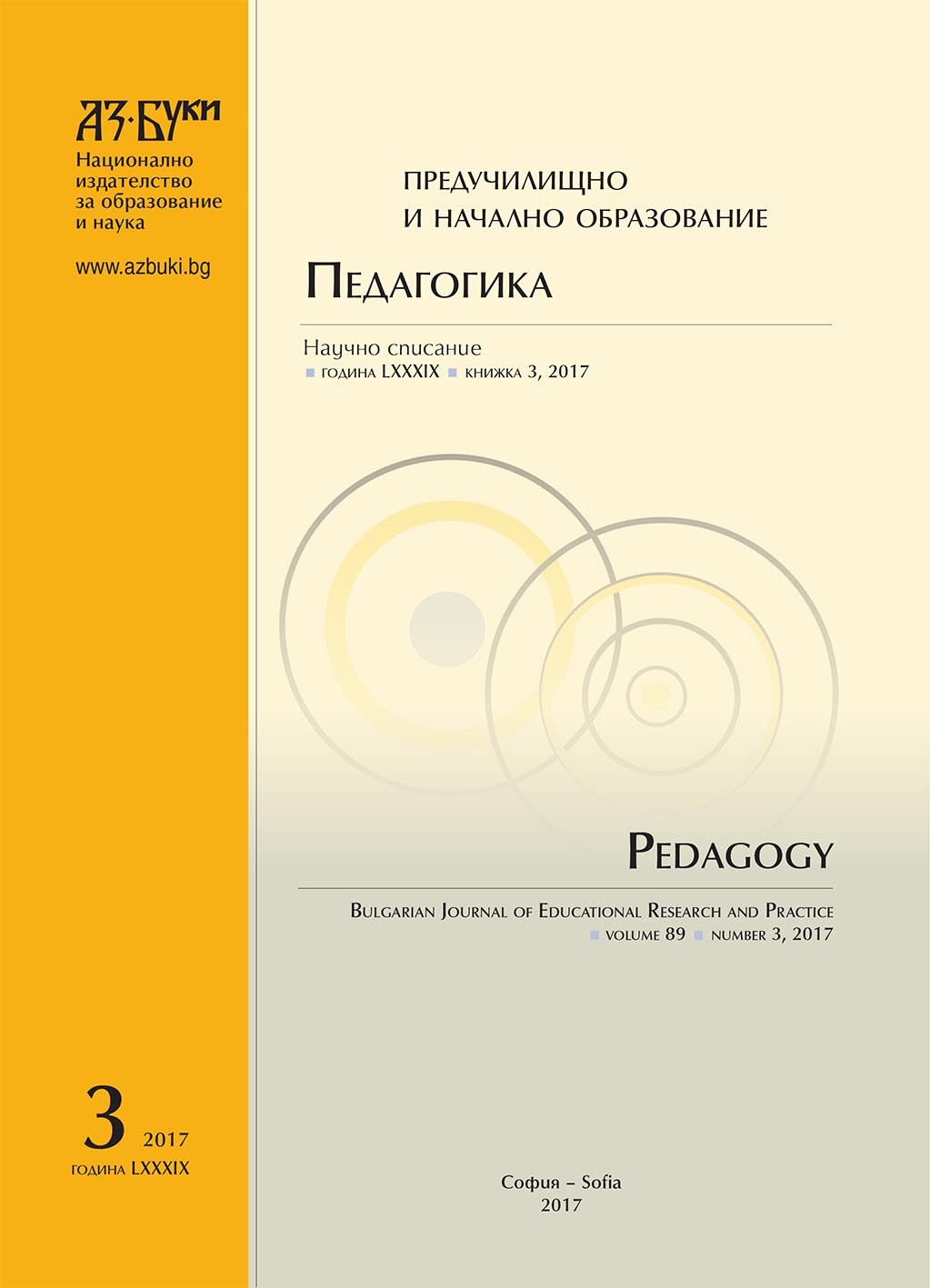
The article discusses the features of mastering phraseological units of the native (Russian) language by the seven years of age children. In the studies, conducted under the guidance of the author, the volume of the phraseological dictionary of children was studied, as well as the perception of phraseological units in fiction and the speech of the surrounding adults by the senior preschool children.
More...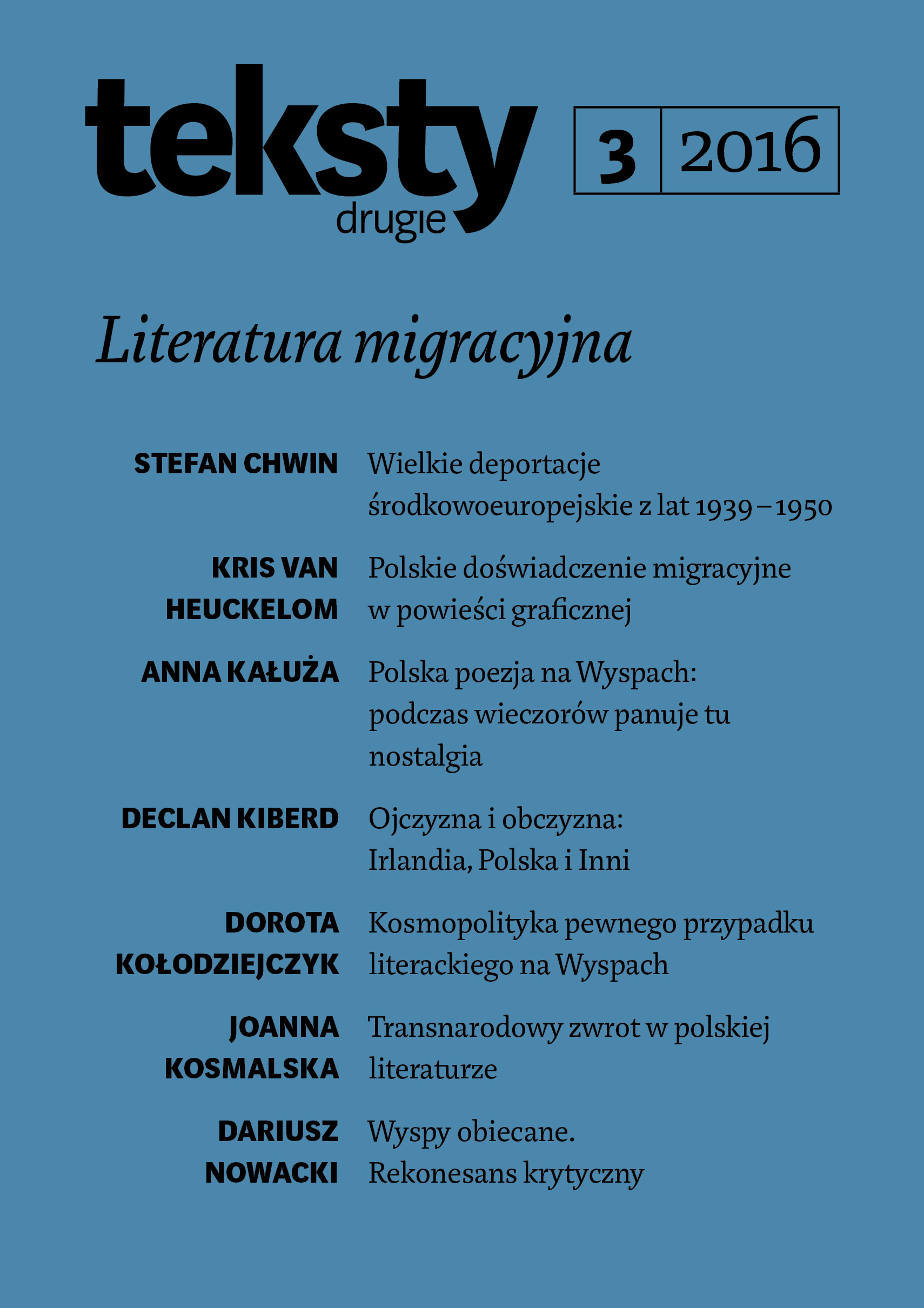
Kronenberg examines literary works by Polish women in the UK and Ireland after 2004. Her critical perspective highlights the cultural, broadly socio-political context, including the question of gender, as modelled by Inga Iwasiów, Maria Janion, Agnieszka Mrozik, Przemysław Czapliński and Ursula Chowaniec; Kronenberg also draws on studies on subjectivity in women’s autobiographical practices by Sidonie Smith, Julia Watson and others. She presents emigre women writers’ strategies of regaining their voice and body by isolating the characteristic traits of this type of writing, such as social engagement, awareness of discriminatory mechanisms, or the potential for transgression and revendication.
More...
Examining twenty novels and short story collections published between 2006 and 2013, Nowacki outlines the developments of Polish literary prose on economic migration after Poland’s accession to the EU on 1 May 2004. The central question is about artistic and communicative failure: none of the works examined have enjoyed wider success. Nowacki concludes with a working typology of prose concerning Poles on the Isles produced in the first two decades of the twenty-first century.
More...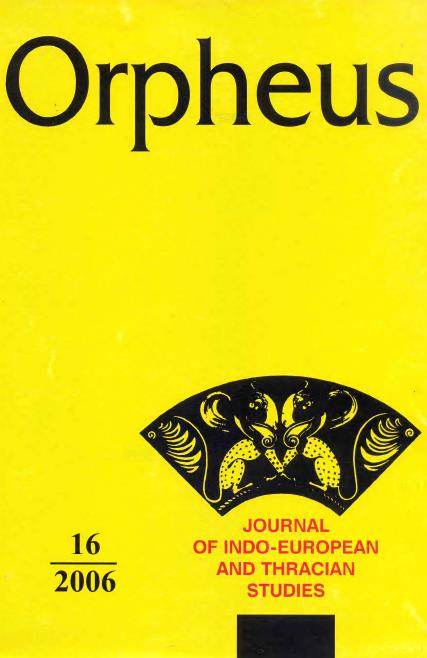
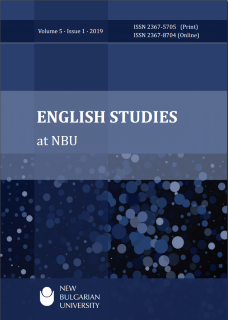
This contribution probes into the attitudes towards plagiarism in academia as it details the results of a questionnaire study within the larger framework of a joint Bulgarian-German research project on plagiarism in academia. The questionnaire focused on investigating the scope of the notion of plagiarism as Bulgarian academics understand it and second, looking into the availability of a system of support to prevent transgressors and/or sanctions for transgressing academics across Bulgarian universities. The results of the questionnaire suggest that while there appears to be a consensus among Bulgarian academics about the different facets that make up the notion of plagiarism, the reported attitudes towards plagiarism practices vary greatly, reflecting a non-uniform perception of what constitutes an offense. It also shows a deep dissatisfaction with existing anti-plagiarism regulatory systems in Bulgarian scientific institutions.
More...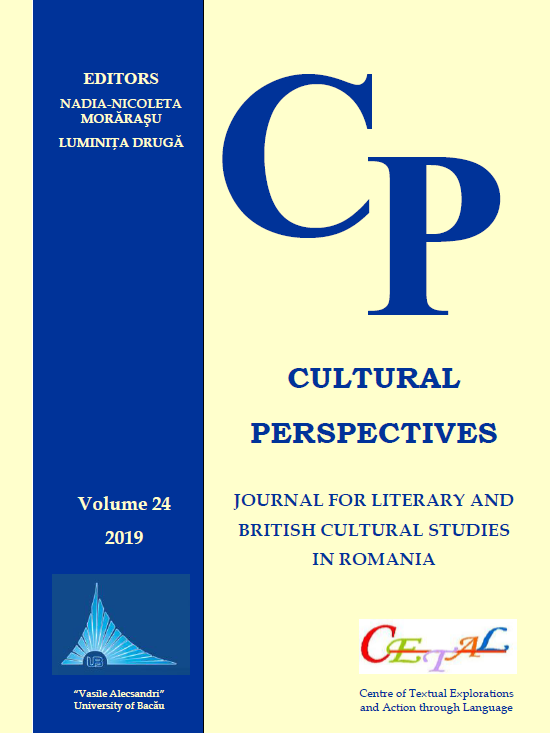
This article theoretically discusses the national identity concept and its relation to the upholding of those distinctive elements that are associated with a country’s or a nation’s past. With a particular focus on the perceptions of British national identity in the 1990s, it presents some views of British academics, political pundits, politicians or journalists of those times regarding the state of the British society caught between the old and the new. The ‘Cool Britannia’ project proposed by the New Labour government aimed to resolve matters largely connected to a declining British society by putting forward a national rebranding plan, with the ultimate intention of modernizing a backward-looking British society at the turn of the century.
More...